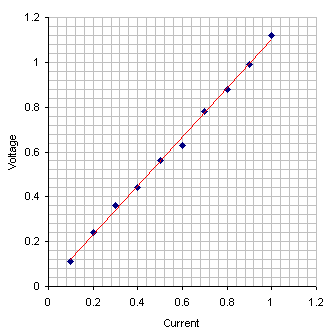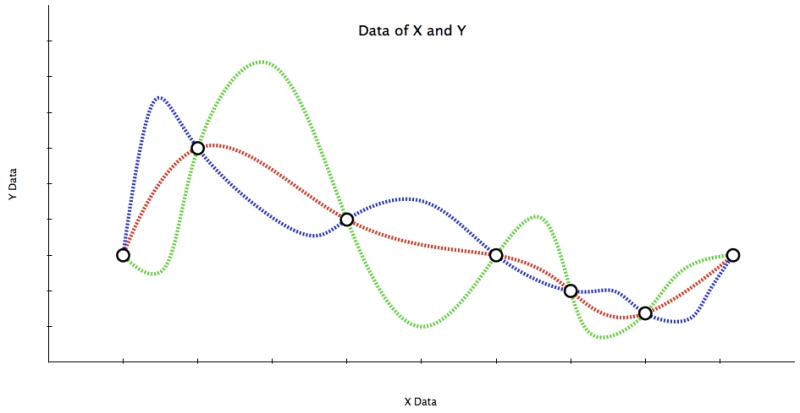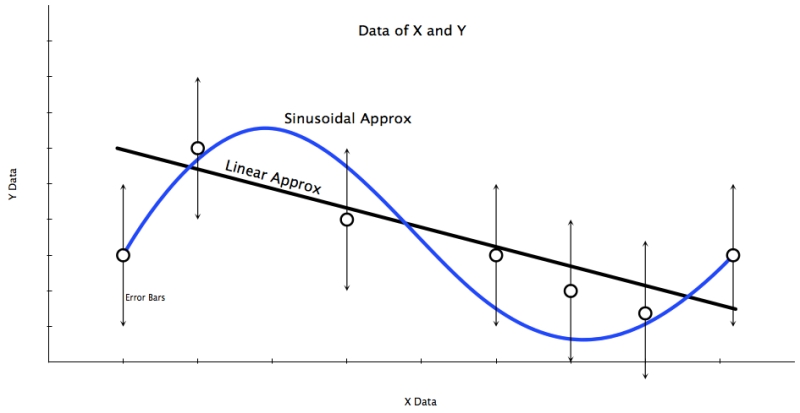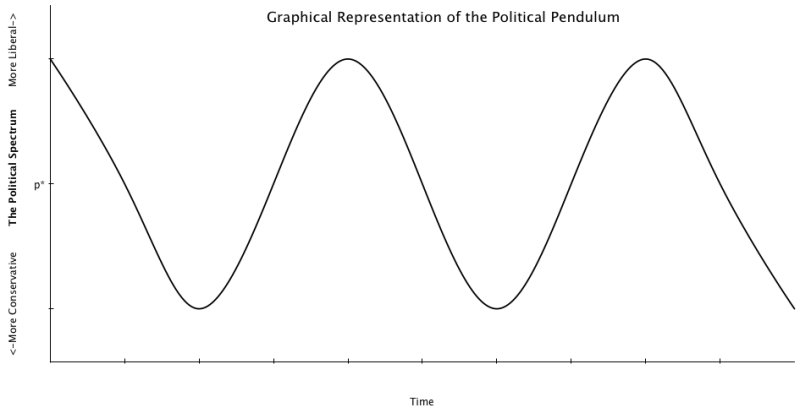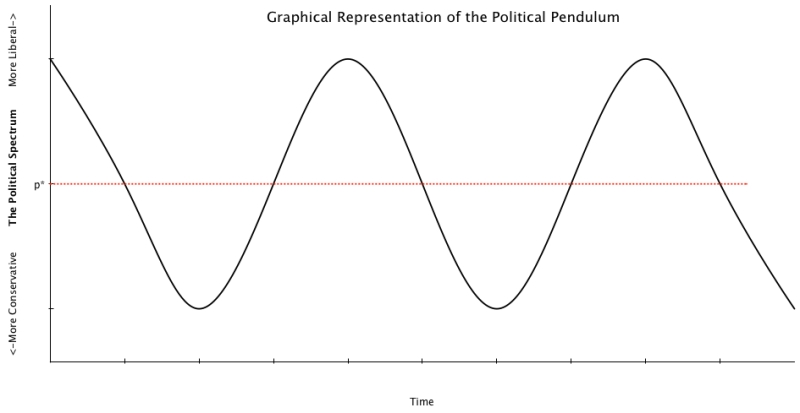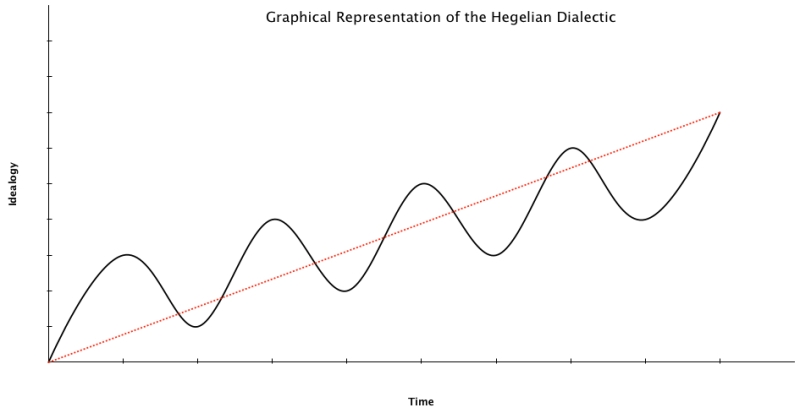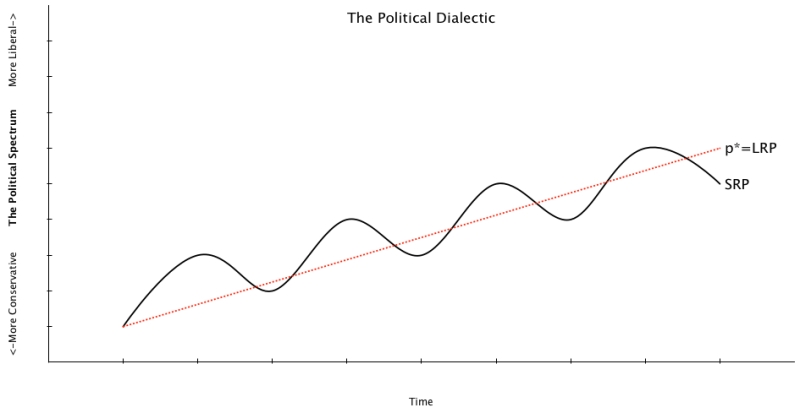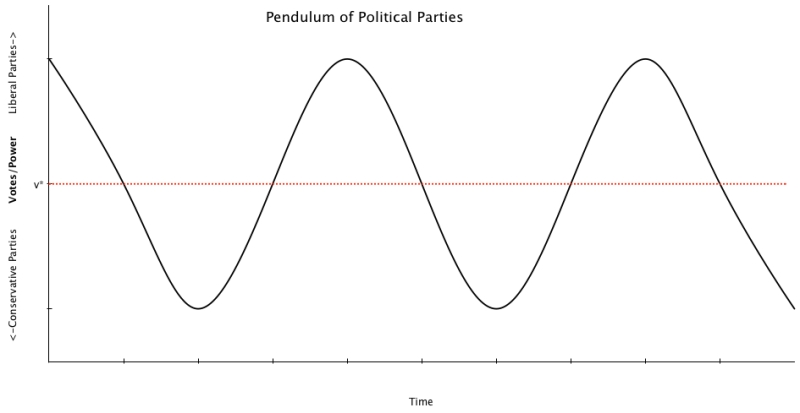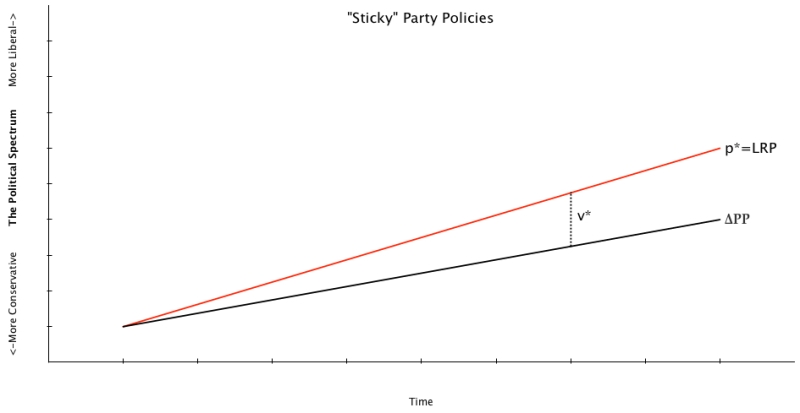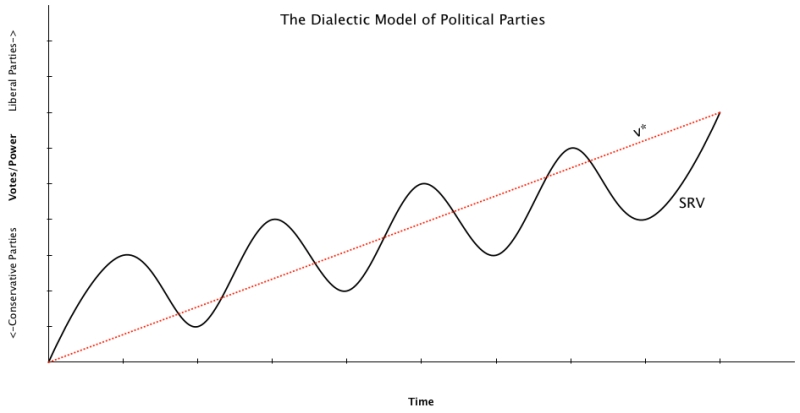Living in America, the Conservative accusation that progressive policies impede their freedom is commonly heard within the political sphere. Conservatives are typically in favor of deregulating the government and reducing its presence from their daily lives, the assumption being that structural regulations are inherently coercive and restricting. However, I argue that progressive policies provide more freedom, while neoliberal policies indirectly create coercive forces that impede our entitled freedoms. To clarify, I am specifically supporting policies found within a strong welfare state (safety nets, unemployment benefits, universal health care, high taxation, etc.) over neoliberal policies of unregulated competition. Also keep in mind that this is an argument more concerned with the theoretical and ethical implications of each system to our freedom, not one about the superiority of each economic model in terms of its efficiency or other social problems found within neoliberalism, both of which will be left for another day.
The neoliberal doctrine of laissez-faire is arguably rooted in the legacy of the Protestant Work Ethic. This idea, coined by Max Weber, claims that success is an indicator of both hard work and moral superiority. Thus, the rich are rich because God has deemed them worthy through their hard work, while the poor are poor because they are immoral and lazy. While I doubt many people still believe in the theological basis of the Protestant Ethic, its underlying premises are still the foundations of neoliberalism. That is, the idea that hard work alone can overcome environmental and genetic barriers and that failure to work hard will condemn you to poverty. And since your poverty is your fault, the prosperous don’t have a duty to help you. In fact, providing social support will harm the poor, for it removes the incentive to work hard.
The restricting component of this system is its championing of hard work over leisure; it forces people to perpetually work for some infinite higher end instead of taking time to appreciate the present. However, if someone wishes to pursue more leisure activities, they are punished by the system, either by their employers or by other competitors. This is why in the US, employees get comparatively fewer vacation days, and even if they have some, many choose not to use all of them in fear of being punished (http://abcnews.go.com/Travel/americans-refuse-vacation-days-lag-rest-world/story?id=11361600#.UN30wW-Cm6M).
The argument supporting this model would be something along the lines of letting people choose how much value they place in the rewards. That is, if someone wants to work 12 hours a day for 10$ an hour, that is their choice. If more people do that, then the wage will reduce due to higher demand, but again it is people’s choice to continue working for a lower pay. The inherent flaw in this logic is it that it assumes that people are completely free-acting agents, when in fact many people are forced to work these long hours for low pay. For example, if many people choose to pursue leisure for a while, those who remain in the game can build up a monopoly and prevent those who took a break from reentering. Perhaps this is “fair” for those who remained in the game, but using a societal perspective, it is harmful. Therefore, due to the risk of being marginalized, people are afraid to take a break, which essentially raises competition further and further until it becomes destructive, both to themselves and to the environment In a sense, it is the Prisoner’s Dilemma: everyone can coordinate work hours and job demand so that everyone makes a good standard of living with long leisure time, but instead they all defect.
The neoliberal model seems to advocate a mechanized version of humanity, in which we should optimize our productivity in order to gain monetary rewards. This is dehumanizing, for being human is more than being self-interested individuals (thank you Ayn Rand…), but it is also about being part of the broad society that is called humanity; it is about more than just satisfying our material wants, but about satisfying our humanistic wants as well. Unfortunately, the neoliberal model tends to hide the opportunity cost that is humanistic development from us.
Progressive policies can change this. By providing social nets and benefits, it frees up time to pursue tasks other than money-making. Consider this example. You can live within two systems: give 50% or give 5% of your salary to taxes. Intuitively, you may prefer the 5% because you worked hard for your money, so why should you be forced surrender 50% of your salary? However, by paying so little, you can’t benefit from social support, so you take constant overtime so that you can pay your health insurance, your children’s $40k-a-year college tuition, and the rising interests from the debts you had taken. In the end, both you and your wife are working over 40 hours a week (as 85% of Americans do http://20somethingfinance.com/american-hours-worked-productivity-vacation/), spending no time with your kids, and living in a perpetual state of stress and work. And forget about looking forward to the relief of a vacation, because American employers aren’t legally required to provide paid leave (http://voices.washingtonpost.com/ezra-klein/novacationnation.jpg). Then bam! You have another child, but neither you nor your wife is able to take off work to care for that baby (since America doesn’t provide paid-maternity leave) and you can’t afford an expensive day-care. A possible way out of this would be to increase your salary, but to do so would require more education and training – a luxury you neither have the time nor the money for. So here you are, working all day every day and spending no time with your family or doing the things you love. Is this really being free? Directly perhaps (with regards to what you directly own), but not holistically.
That example may be extreme, but the fact that there are thousands of people in America who face this strife should be enough to oppose the truly neoliberal system.
Now we come to the rich and the question, is it fair to take away some of their wealth to provide support for the poor? After all, the previous scenario doesn’t really apply to the wealthy, for they won’t directly benefit from social welfare since they can pay for everything they need. Perhaps in terms of fairness it may not be fair because agreeably we are taking away their “property.” But then we have to ask, is it more immoral to take away a percent of someone’s property or to allow people to suffer because of the exploitation (or hoarding) of the rich? Personally, the latter seems worst.
The alternative to all of this is the welfare state. By providing large social welfare, the humanistic elements of our lives are upheld against the mechanized system. Take Scandinavia, where some countries have as much as 30 days of paid vacation a year, in addition to paid sick days and paid maternity leave. These Scandinavians are not only able to take vacation, but they don’t have to worry about the monetary opportunity costs they are incurring, especially since they don’t have to worry about paying for health and education. And even if they have an inclination to work longer, strict overtime restrictions prevent that (in fact, in Germany almost no one is allowed to work on Sundays). This may seem like it is impeding freedom, but as the first scenario outlined, that’s only a shortsighted view, because in the long-term, it is freeing. Take a lesson from a Volvo executive, who when asked if he would rather live in the relatively low-taxing America, replied, “Yes, of course, I would have a lot more money in my pocket. But I would also almost never get home before 7 o’clock and I certainly would not have the vacations everyone has a right to here… and you know what else, I would have to spend a lot more money on insurance, college for my kids, and travel back home to my family. In the end, I’m not really sure I would be any better off” (Steinmo).
And so I leave you with this xkcd comic, to show that life is about more than material rewards: http://imgs.xkcd.com/comics/graduation.jpg
Sources:
Steinmo, Sven. 2001. “Bucking the Trend? The Welfare State and Global Economy: The Swedish Case Up Close.” University of Colorado, December 18.
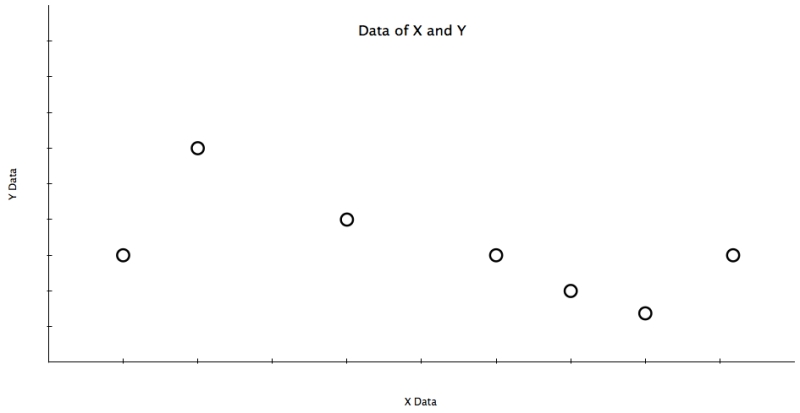
 ) is a result data.
) is a result data.